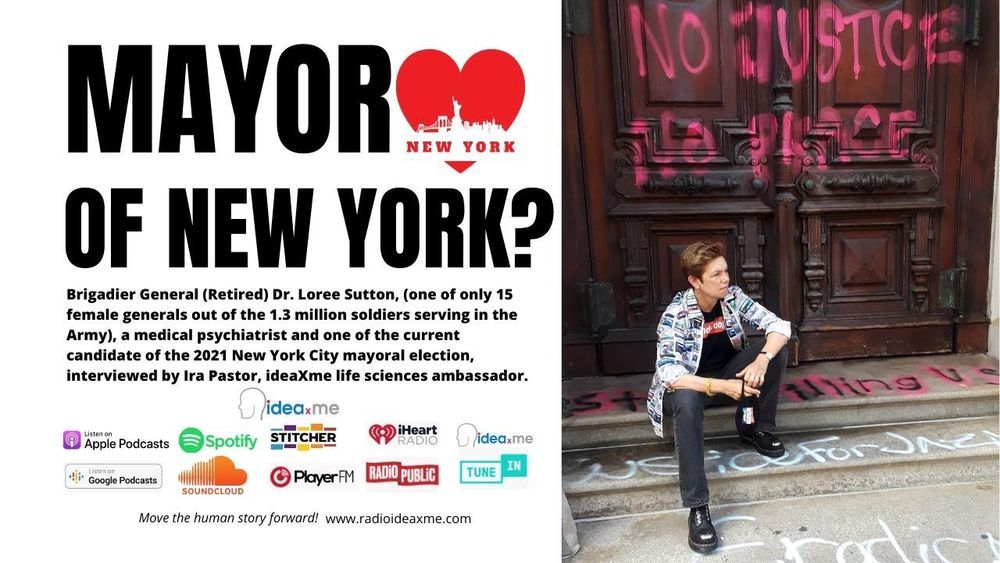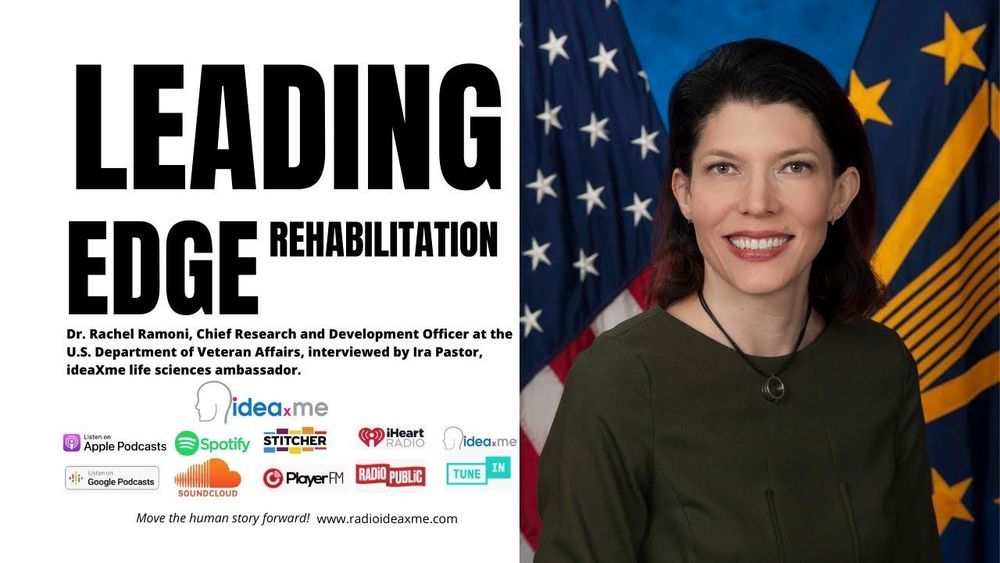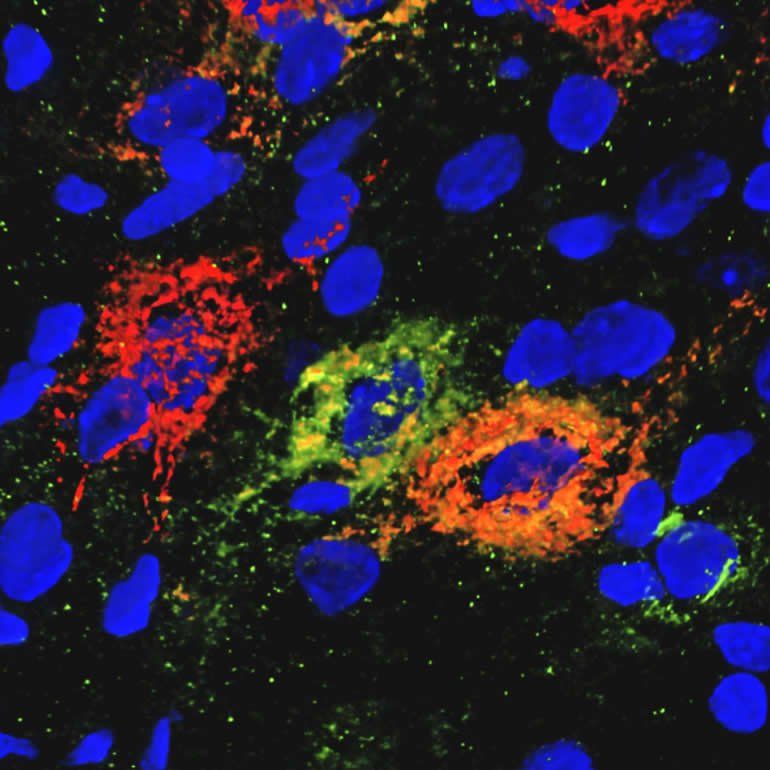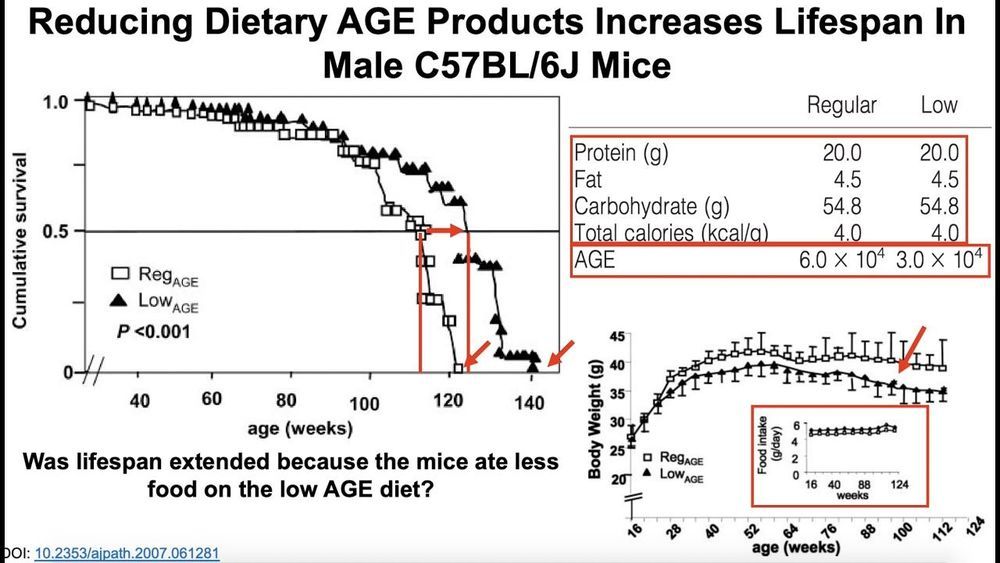Sep 16, 2020
Akon Unveils Major Details of $6 Billion Cryptocurrency City: Real-Life Wakanda
Posted by Quinn Sena in categories: cryptocurrencies, education, health
Akon has released detailed plans of Akon City, his $6 billion futuristic cryptocurrency city, which he calls a “real-life Wakanda,” referring to the hit movie Black Panther. There will be seven major districts, and the city will be run on the akoin cryptocurrency.
Senegalese-American star and philanthropist Akon, whose full name is Aliaune Damala Badara Akon Thiam, unveiled Monday some major details of his planned Akon City. The $6 billion futuristic city in Senegal, Africa, will be run on the akoin cryptocurrency.
The city will be divided into seven major districts: the African culture village district, the offices and residential district, the entertainment district, the health and safety district, the education district, the technology district, and the Senewood district.

















